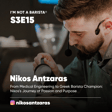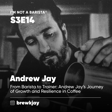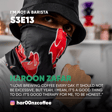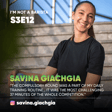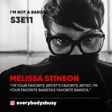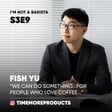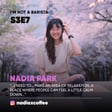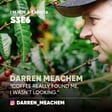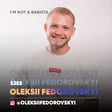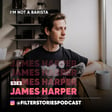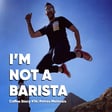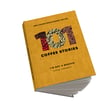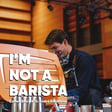
S2E6: Meet I'M NOT A BARISTA volunteers Vasileia Fanarioti and Maximillian Wee
In this episode, we're joined by two of our very own volunteer content writers - Vasileia and Maximillian. If you've been following us for awhile, you must've read one or more of their articles. On the podcast, we talk about coffee culture in both Greece and Singapore.
As ex-baristas, they still enjoy brewing coffee daily. Vasileia is currently working as a freelance content writer, her works include articles written for Barista Magazine (@baristamagazine), Perfect Daily Grind (@perfectdailygrind), and Coffee t&i (@coffeeteaimag). Max recently graduated and is working on a coffee project called the Singapore Coffee Collective (@coffeeinsg).
If you are travelling to Greece or Singapore in the near future, make sure to drop them a DM @the.wandering.bean or @messymerlion to get insider info on the best coffee spots in town!
Read more coffee stories on
https://notabarista.org/
Order Coffee Wristbands and support I'M NOT A BARISTA's charity work
https://notabarista.org/product/notabarista-coffee-wristbands-2023/

